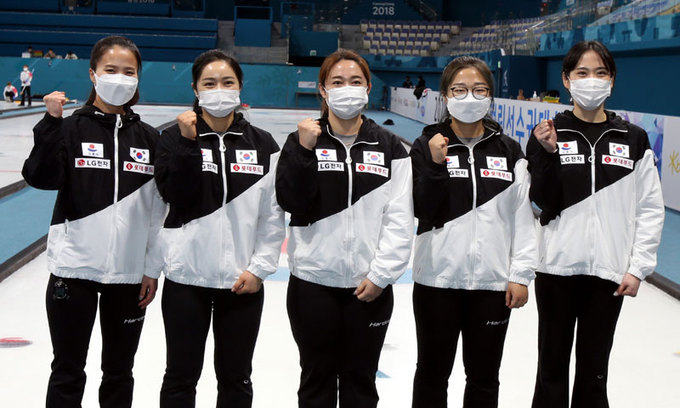— In a roundtable discussion, experts delve into the results of the phase II CORE1 trial
by Greg LaubDirector, Video, MedPage Today May 25, 2023
Preliminary findings presented at the American Urological Association (AUA) annual meeting showed that the combination of the oncolytic virus therapy cretostimogene grenadenorepvec (CG0070) and pembrolizumab (Keytruda) elicited a high complete response rate and tolerable safety profile in patients with bacillus Calmette-Guérin (BCG)-unresponsive non-muscle-invasive bladder cancer.
MedPage Today brought together three expert leaders in the field. Moderator Alexander Kutikov, MD, is joined by Adam Reese, MD, and Laura Bukavina, MD, MPH, all part of the newly launched Fox Chase-Temple Urologic Institutefor a virtual roundtable discussion. This second of four exclusive episodes covers their reactions to results from the single-arm phase II CORE1 trial.
Following is a transcript of their remarks:
Kutikov: Hello and welcome everybody to the MedPage Today AUA roundtable. I’d like to welcome my friends and colleagues, Dr. Adam Reese. Dr. Reese is a member of the Fox Chase-Temple Urologic Institute and is chief of urologic oncology at Temple University Hospital. He’s an associate professor at the Lewis Katz School of Medicine at Temple University, and it’s a privilege and a pleasure to work with Adam and to have him here at the roundtable. I’d also like to welcome Laura Bukavina, a young force in urologic oncology. She’s currently at Fox Chase Cancer Center, a Society of Urologic Oncology fellow, and soon to join the faculty at Case Western Reserve University. Welcome, Laura.
Open: Thank you.
Kutikov: So let’s talk about CORE1. This is the CG0070 combined with pembro [trial]. Adam, want to tell us a little bit about it?
Reese: Sure, yeah. So this CORE1 trial — reasonably small phase II trial investigating the efficacy of a combination therapy, as you mentioned. So it’s basically an oncolytic virus therapy called CG0070 combined with pembrolizumab, again, in the management of BCG-unresponsive non-muscle-invasive bladder cancer with CIS [carcinoma in situ].
So this novel oncolytic virus therapy, CG0070, has already been studied as monotherapy in this setting. And in that report they reported complete response rates of around 30% at 12 months. This study, the current data that we’re talking about today, reports on the combination study. So CG0070 combined with pembrolizumab. CG0070 was given intravesically as two 6-week induction courses followed by maintenance therapy every 3 months. And it was given in combination with systemic pembrolizumab, which was given every 6 weeks.
So the initial complete response rate at 3 months was quite impressive. There were, as I said, it was a relatively small patient cohort, only 34 patients, but of those, 29 had a complete response at 3 months. So that comes out to about an 85% complete response rate. And it appeared relatively durable. The response rate at 12 months remained fairly impressive, at 68%. And the therapy seemed to be fairly well tolerated. I mean, most adverse events were grade 1 and grade 2. They were predominantly genitourinary in nature. So certainly, I think these results are pretty promising.
Kutikov: Laura, thoughts? Eighty-five percent complete response rate. Excited?
Open: Excited? No, not really. I mean, this is sort of going along the whole thing of IL-15 [interleukin-15] path, right? IL-15 looks great on paper — 96% complete response rate down to 89% — and then all of a sudden there’s difficulties in terms of us being able to provide that therapy to our patients. And that’s intravesical alone. Consideration with this, I really have doubts in terms of the production down the line and the approval for this therapy.
Kutikov: Yeah, making these things in bulk has proven challenging, hasn’t it?
Open: Yeah, it’s very challenging. Oncolytic viruses themselves are very challenging to produce, more so than any IL-15 therapy or nadofaragene [firadenovec (Adstiladrin)].
Kutikov: But Adam, you mentioned no grade 4 or 5 toxicity. There’s gotta be at least some role for this, right?
Reese: Yeah, I mean, the toxicities that were reported here were similar to the toxicities that have been reported in using each of these agents alone. So, good news that there don’t appear to be any synergistic or combined toxicities. I think though the adverse event rate, albeit low, which is encouraging, it’s important to remember that this was a quite a small study. I mean, this was only 34 patients. So certainly if these agents are trialed in larger study populations, we certainly may be seeing some adverse events that just weren’t seen in this small study population.
Open: And I’m curious how this sets the ground for additional therapy in terms of dual or triple therapy, right? We’re going into that. It’s sort of following that same paradigm of RCC [renal cell carcinoma] where we’re starting with single therapy, double therapy, now we’re onto triple therapy? Are we going to start triple therapy in terms of additive pembrolizumab to a lot of our intravesical therapy as it is? Is this opening up the door to other things down the line?
Kutikov: Yep. Time will tell.
Open: Mm-hmm. It’s gonna happen.
Kutikov: Well, if we bring the enthusiasm from RCC into bladder, then for sure it’ll happen.
Watch episode one: Anti-PD-1 in BCG-Unresponsive Papillary Bladder Tumors
Note: This article have been indexed to our site. We do not claim legitimacy, ownership or copyright of any of the content above. To see the article at original source Click Here



![author['full_name']](https://clf1.medpagetoday.com/media/images/author/gregLaub_188.jpg)










